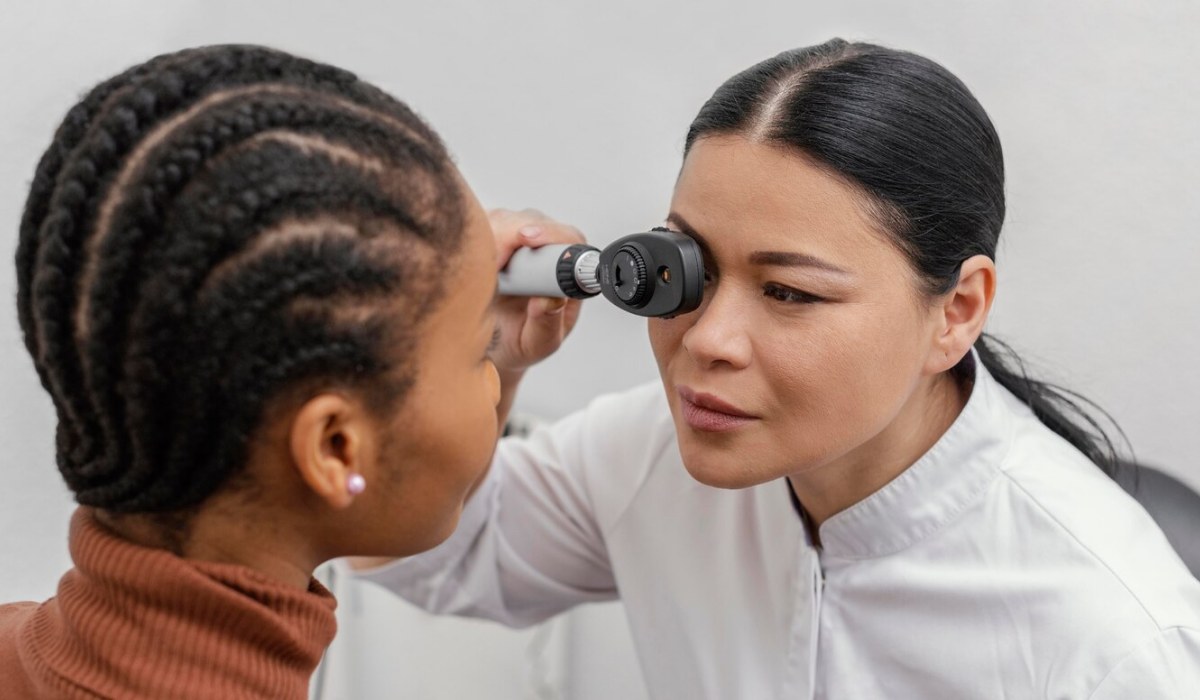
What You Need to Know About Diabetic Retinopathy
Being aware of the risks and understanding how to reduce your chance of developing retinopathy is crucial for maintaining your eyesight and ensuring clear vision throughout your life.
?️ What is Retinopathy?
Retinopathy is a term used to describe diseases affecting the retina, the light-sensitive tissue at the back of the eye responsible for converting light into signals sent to the brain.
This blog focuses on diabetic retinopathy, a specific type of retinopathy caused by prolonged high sugar levels. When sugar remains elevated over time, it can damage the blood vessels in the retina, leading them to swell, leak, or become blocked, which disrupts the blood supply and can harm the retina. This condition can impair vision and, if left untreated, may lead to vision loss.
?️ Signs or Symptoms
Signs that you might be experiencing diabetic retinopathy in one or both eyes may include:
- Blurry Vision
- Poor night vision
- Dark or blank spots in your field of vision
- Floaters or spots in your vision
- Color appearing faded or washed out
If you notice any of these symptoms, it’s important to get your eyes checked promptly to ensure you can manage your eye health effectively. Early detection and treatment are key to managing your eye health and preserving your vision.
?️How to Reduce your Risk
To reduce your risk of developing retinopathy, there are several proactive steps you can take. Although it may not be entirely preventable, you can lower your chances by:
- Getting yearly eye exams: Regular check-ups with your eye doctor can help catch issues early on
- Maintain a healthy lifestyle: Keeping a balanced diet, regular exercise, and avoiding smoking can all contribute to maintaining a better overall health
- Controlling blood sugars: Keeping blood sugar levels in check is crucial for preventing complications
- Contacting your ophthalmologist for vision changes: If you notice signs of vision loss, seek medical advice promptly.
By following these practices, you can significantly reduce your risk of diabetic retinopathy and help maintain healthy eyes. Consistent management of your diabetes through these healthy habits is key.
Summary
Protecting your eyesight is essential for maintaining good vision throughout your life. While these tips may not eliminate the risk of retinopathy, they can significantly reduce your chances of developing it. Pay attention to signs and symptoms, and make sure to schedule your yearly eye exams to stay on top of your eye health. Taking these proactive measures can help ensure your retinas remain in good shape and support long-term vision preservation.






